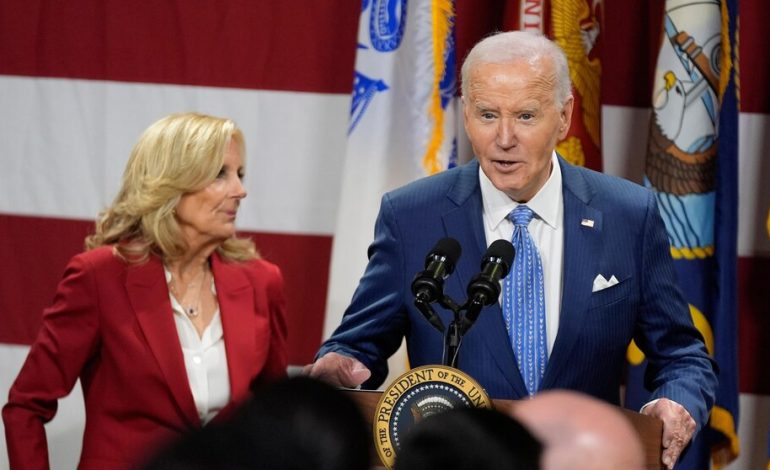The Biden administration is proposing a sweeping change to Medicare and Medicaid coverage, mandating the inclusion of weight-loss drugs like Ozempic and Mounjaro, Bloomberg reports.
This move could dramatically expand access for millions of Americans struggling with obesity, but also presents a significant financial challenge, potentially costing billions of dollars.
The proposal would extend coverage to an estimated 3.4 million Medicare beneficiaries and four million Medicaid recipients, according to the White House. Currently, Medicare only covers these drugs for those with conditions like diabetes, while only thirteen state Medicaid programs offer coverage. The new rule would slash out-of-pocket costs by up to 95%, mitigating the high price tag—often exceeding $1,000 per month—for these medications. The administration argues the cost will be offset by reduced healthcare expenses associated with obesity-related illnesses like diabetes and heart disease.
The move is a boon for pharmaceutical giants Novo Nordisk and Eli Lilly, manufacturers of the leading weight-loss drugs. These companies have been aggressively pursuing wider insurance coverage amidst recent shortages and a booming market projected to reach $130 billion by 2030.
However, the proposal faces immediate challenges. A recent Congressional Budget Office analysis estimates the expansion of Medicare coverage could cost $35 billion over nine years. While the Inflation Reduction Act’s price negotiation program, set to begin in 2025, could eventually lower costs, the initial financial burden remains substantial. The White House official notes the proposed rule will coincide with the price negotiation program.
This initiative comes despite contrasting opinions. Robert F. Kennedy Jr., President-elect Trump’s nominee for Health and Human Services Secretary, recently suggested focusing on improved food access as a more cost-effective solution to obesity and diabetes. Despite this, patient and physician advocacy for broader access to weight-loss medications has steadily gained momentum in Congress, though significant changes weren’t anticipated until next year.
Novo Nordisk and Eli Lilly are actively conducting studies to demonstrate the drugs’ broader health benefits beyond weight loss, furthering their efforts to secure wider insurance coverage. Recent steps by major insurers to cover Wegovy for some Medicare beneficiaries with heart disease demonstrate a shift towards greater accessibility. Eli Lilly’s introduction of cheaper, single-use vials for Zepbound also aims to increase affordability and access within the Medicare population.









